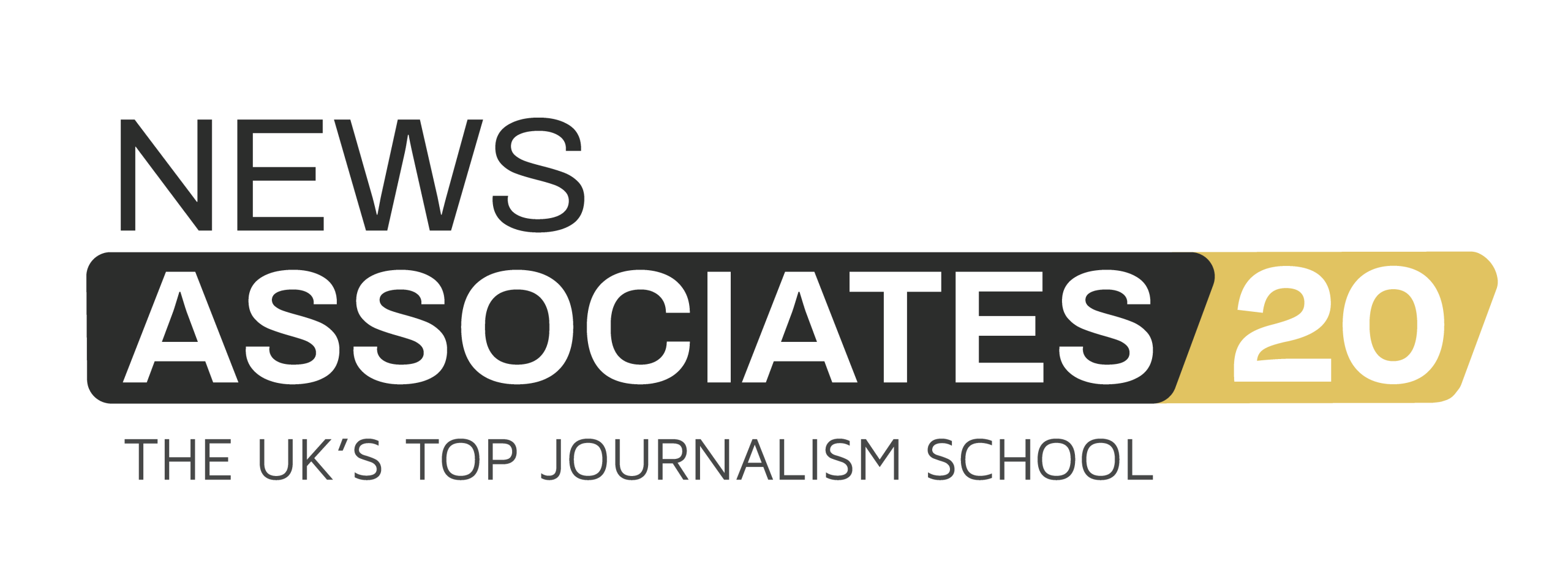How to prepare for a News Associates course
If you’re starting your NCTJ-accredited journalism training with us and you don’t know how to prepare for a News Associates course, read through our top tips for success.
Learn to manage your time
Between going to class, seeing friends and going on food shops, it’s easy to fall into bad time management habits when you’re so busy.
Use the few weeks before starting a journalism course to get the hang of making a routine and managing your time.
No matter which course you join, you will be required to balance classes, exams, coursework deadlines, journalism work placement and independent study.
Without effective time management, it is easy to feel overwhelmed.
News Associates remote course graduate Phil Campbell, who now works at Sportsbeat, said: “Don’t leave it all last minute! It is easy to think 18 months is a long time but exams and deadlines come round quicker than you think! So by keeping on top of things, your workload will always seem manageable.”
Fast-track course graduate Rebecca Whalley, Global Competition Review news reporter, said: “The fast-track course is unsurprisingly very intense, but the most important thing is to manage your time and get things done as early as possible.”
To prepare, you could download Google Calendar to organise your time and commitments, or the Forest productivity app holds you accountable to completing your tasks by not letting you get distracted by your phone.
Understand as much about your course and journalism as possible
Doing well on a course is dependent on how much effort you put in outside of the classroom.
Make sure you keep in the loop with all types of news and outlets will make you a better journalist.
News Associates graduate Gracie Daw, who now works at The Guardian, said: “Understanding the news landscape is a skill that will help you learn what you’re interested in and develop your own skills as you will start to discover who’s writing style you enjoy, what keeps you engaged in a podcast, or how a radio presenter changes their tone depending on the story.”
Making sure you understand what the course requirements are, what is expected of you and what you’ll be covering in each module is essential.
Find out about the NCTJ modules you will study here and how you will be assessed here.
View this post on Instagram
Financial planning
Make sure you’re keeping track of your finances throughout your studies.
If you’re looking for affordable accommodation, you can use SpareRoom to filter places within your budget – but please be vigilant. Student Cribs is also around the corner from our office. You can let us know if you’d like us to put in touch with other people on your course for house sharing.
You may be eligible for the Journalism Diversity Fund, the Aziz Foundation bursary or the George Viner Memorial Fund bursary – please note funding must be received before a course starts.
Journo Resources regularly update their list of bursaries and funding opportunities here.
You can use an easy budgeting structure like 50% of your weekly budget goes towards your needs, 30% goes towards your wants, and 20% goes into your emergency savings.
You can find out more about fees and funding here.
Looking to study for your @NCTJ_news qualification but are worried about the costs?
The @The_JDF is an amazing bursary that has helped loads of #TeamNA grads break into the industry 🙌
Tap the photo below to find out more ⬇️
https://t.co/kRgmYZYoEs pic.twitter.com/Wa8i3uEtj1— News Associates (@NewsAssociates) October 29, 2023
Create a study space
Start creating a space you use exclusively for working in.
This keeps your working and personal life separate – a skill journalists must master.
It is a good way to stay productive at home which is especially important for our part-time or remote trainees.
Don’t worry
Studying for your NCTJ is hard work but it’s important to remember why you’re doing it.
News Associates graduate and presenter Rob Thornton: “I’d recommend grabbing every opportunity with both hands whilst training – as you don’t get opportunities like this anywhere else.”
Your amazing team of tutors are there to support you every step of the way.
View this post on Instagram
Read through some frequently asked questions for our remote, part-time, fast-track and sports journalism courses here to help you prepare for a News Associates course.
Photo by Andrew Neel on Unsplash


